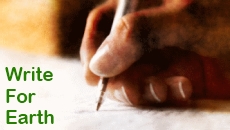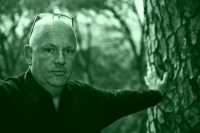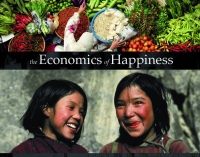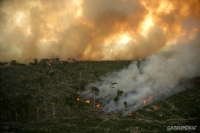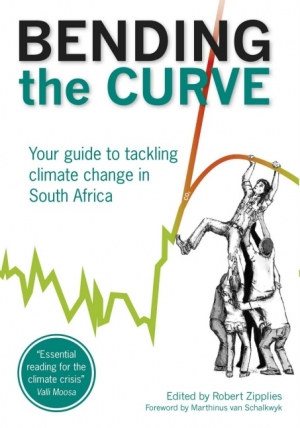We know that our oceans are currently being depleted by the international reliance and consumption of fishmeal. Yet the production of fishmeal has remained relatively constant over the past two decades, consuming about a third of the global catch of fish.
Photographer David Liittschwager has captured the beauty of biodiversity by placing a cube in a variety of habitats and recording whatever moves through it. The fate of humanity may depend on these micro-environments.
We know what makes us happy—but too often our economic decisions stand in the way. We spoke to Helena Norberg-Hodge, director of the Economics of Happiness and winner of the 2012 Goi Peace Award, to find out how to change all that.
Deforestation is just one of many crises facing the world. It is closely related to environmental crises such as climate change. Modern human relationships with nature are profoundly dysfunctional and, on the current trajectory, can only lead to a global ecological catastrophe.
The science is indisputable €“ climate change is a reality. Our lives will change irreversibly as we begin to adapt to these changes and as government, business and individuals begin to dramatically cut emissions to avoid catastrophic climate shifts. While these changes might create uncertainty and some anxiety, they herald a tremendously exciting era of transition, where our generation gets to redesign how we do everything.


